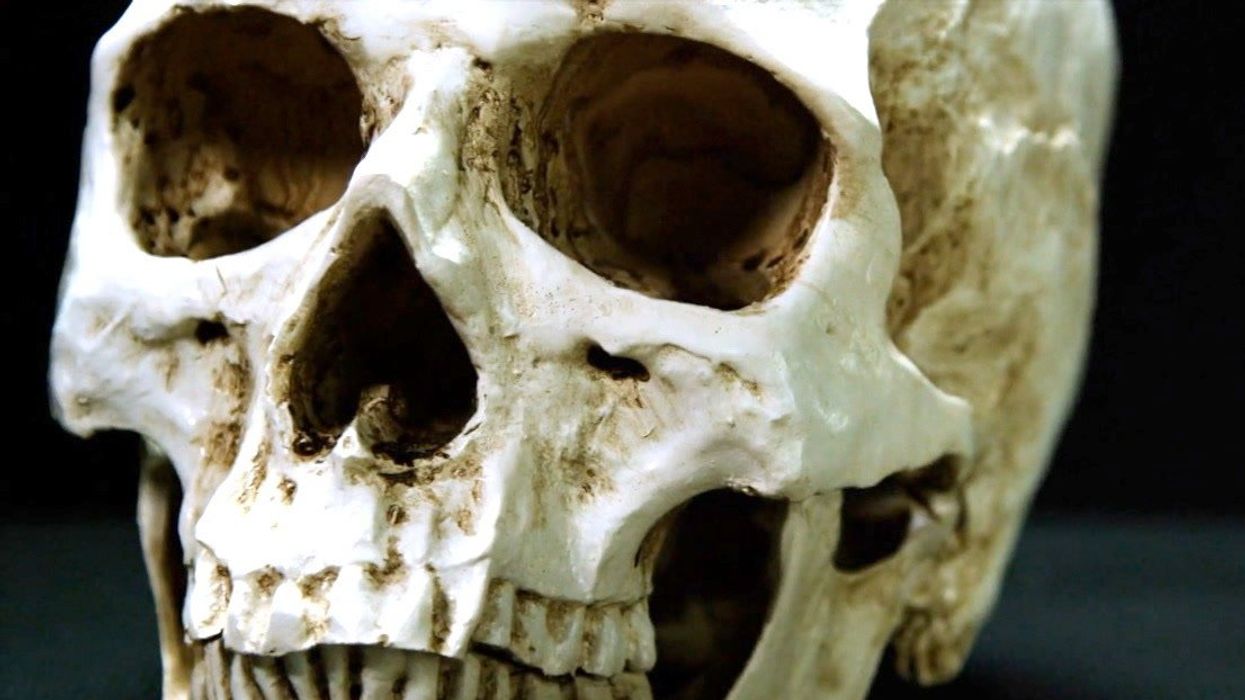Science & Tech
Harry Fletcher
Dec 15, 2024
New Fossils of ‘Large Head People’ Discovered in East Asia
ZMG - Amaze Lab / VideoElephant
A new discovery has the potential to change everything scientists thought they knew about the origins of humanity.
The most popular theory has been, for an awfully long time, that our ancestors exclusively came from Africa and originated on the continent before migrating across the world.
However, a new study has focused on the fossil species known as Anadoluvius turkae which has called all our preconceptions into question.
The study, published in the journal Communications Biology [via Daily Galaxy], features research into the fossilised remains which were found in Central Anatolia, Türkiye and date back around 8.7 million years.
As the research shows, Anadoluvius turkae was a large species of ape which lived in dry savannah-like climates and weighed around 60 kilograms.
Crucially, experts were able to use the fossil to establish that Anadoluvius turkae was part of the group of Mediterranean apes which are related to early hominins and which eventually spread to Africa.
What’s really significant is that the discovery challenges the idea that early hominims originated exclusively in Africa.
Other fossils uncovered in Bulgaria also support the notion that life could have actually originated in Europe and spread to Africa during the time period known as the late Miocene epoch which took place around 1.6–5.3 million years ago.
Professor David Begun of the University of Toronto and Professor Ayla Sevim Erol of Ankara University led the research into the fossil, which was first discovered in 2015.
Begun recognised that further study is required in order to substantiate the theories put forward in the study, saying: “For that, we need to find more fossils from Europe and Africa between eight and seven million years old to establish a definitive connection between the two groups.”
It comes after the oldest ever DNA relating to modern humans was recently discovered, but while it shows they arrived in Europe from Africa in small groups and mixed with Neanderthals more than 45,000 years ago, they ended up dying out without leaving any descendants.
Sign up for our free Indy100 weekly newsletter
How to join the Indy100's free WhatsApp channel
Have your say in our news democracy. Click the upvote icon at the top of the page to help raise this article through the Indy100 rankings
Top 100
The Conversation (0)













